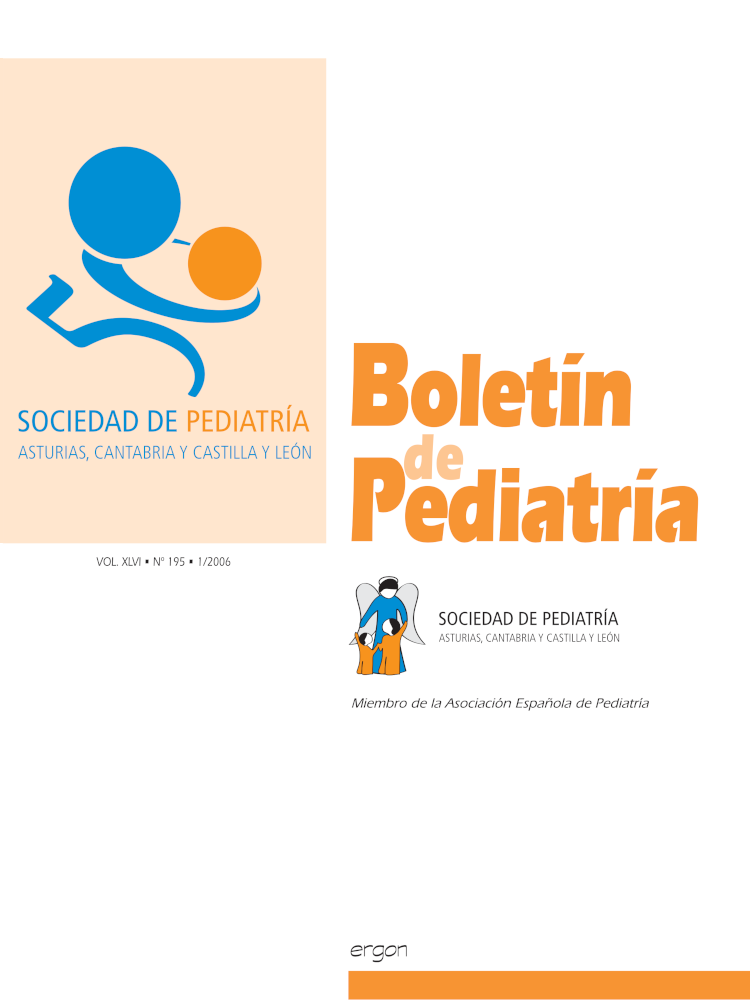Abstract
More than 2/3 of the world population is infected by M. tuberculosis (Mtb), and the WHO declared the tuberculosis as ?world emergency? in 1993. The efficacy of BCG vaccine is very variable; likely due to the interference with atypical mycobacteria, besides its protection is transient (10-20 y.) and the vaccine cannot be administered to infected already individuals. Recently, important advances in the genetics of Mtb were done, with the identification of genetic regions (RD), which were deleted during the BCG preparation. The immunity is also better known. The response is based on linf. Th1 and synthesis of IL-12, IL-18 and IFN?. The effector cells are different during the acute (HLA-II and CD4+) and the chronic phase (HLA-I and CD8+). In base of this knowledge more than 200 new vaccines have been proposed, with life microorganisms (reinforced BCG, mutant Mtb) or subunit vaccines (protein, DNAor fusion proteins). Nevertheless, to get a vaccine better than BCG is a difficult task because Mtb lives with humans for thousand years and it has achieved many escape systems to immune response.

This work is licensed under a Creative Commons Attribution-NonCommercial 4.0 International License.
Copyright (c) 2006 Boletín de Pediatría
